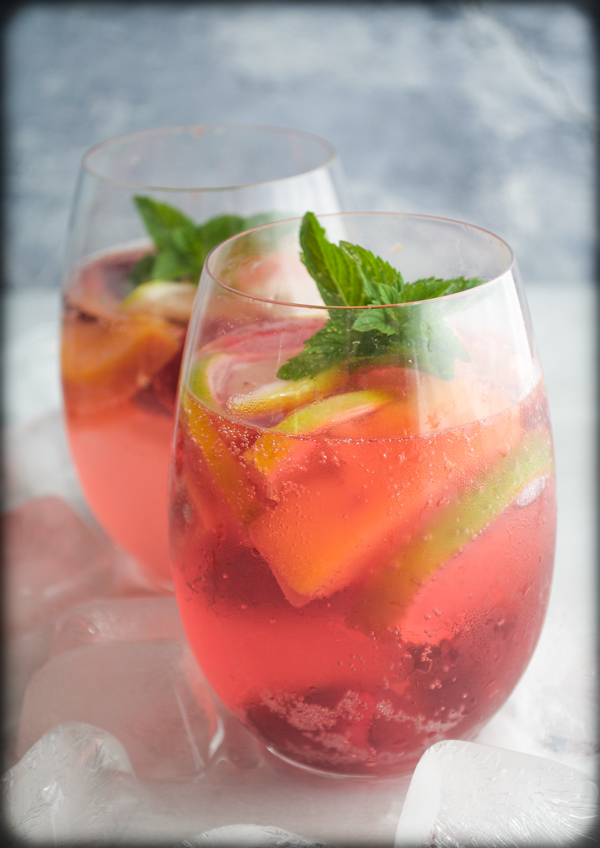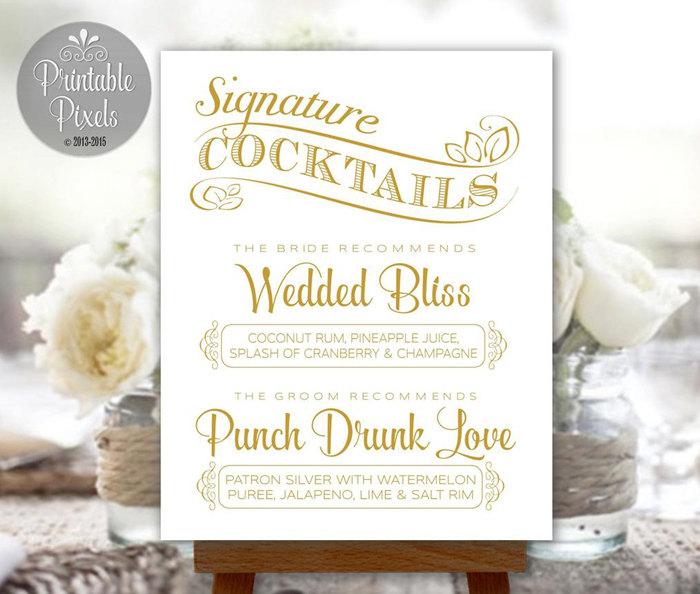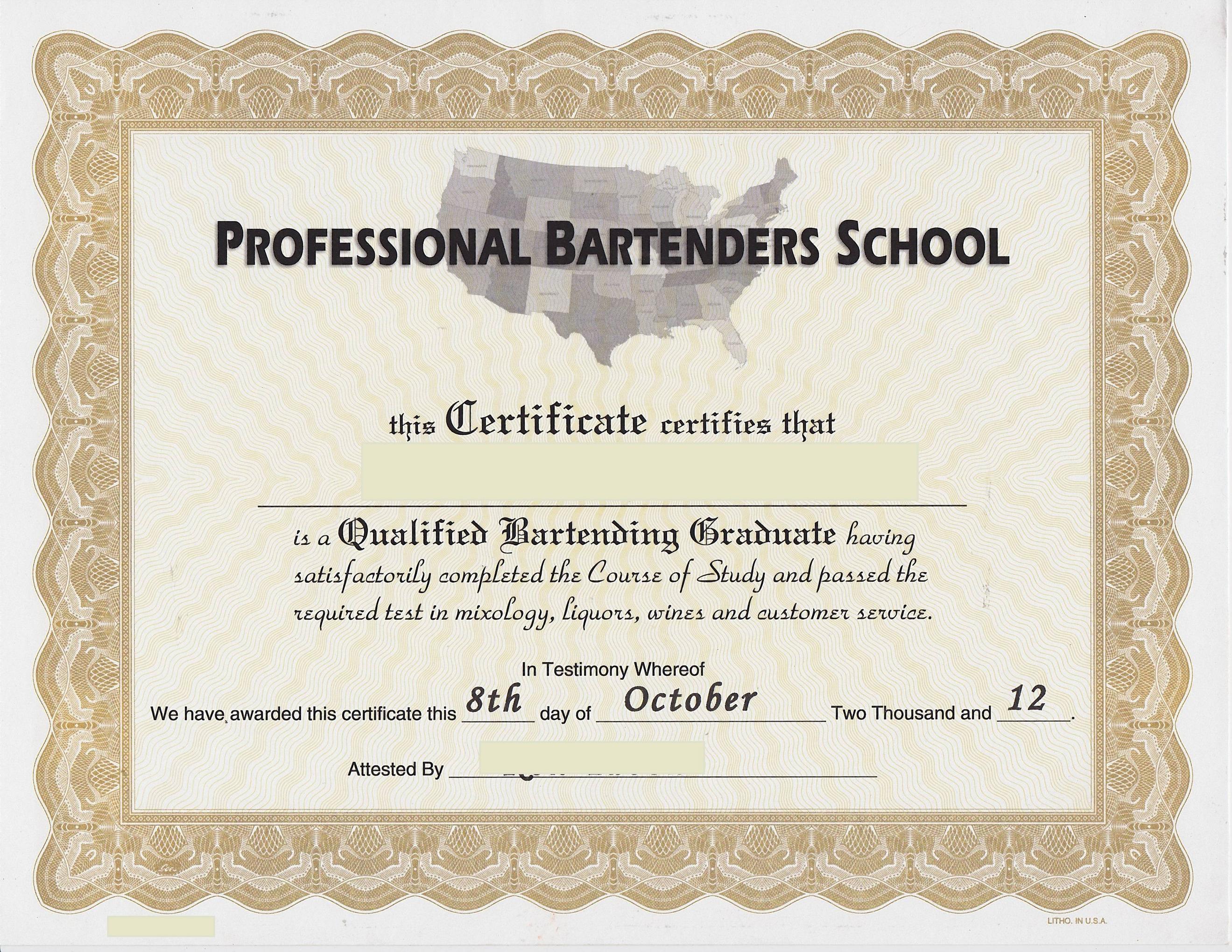
A Hawaii bartending license will be required if you wish to sell alcohol at a bar/restaurant. This license will prove that you are competent to serve alcohol in licensed establishments. You can also get discounts on your liquor liability insurance.
A bartending license is not required for every bartender in Hawaii, but it may be necessary for certain establishments. Employers will usually require employees to be knowledgeable about alcohol sales. There are different requirements depending on where you live, but many counties will require that all employees have alcohol service training. You can also take online bartending courses, but be careful before you enroll in any. You should ensure that the course is state-certified. You can verify this by contacting your local liquor commission.

The minimum age to serve alcohol in Hawaii is 18 years old, and you must be at least 21 years old to obtain a general license. A liquor card issued by the county is required if you work in a private or semi-private bar or restaurant. The card is valid indefinitely. You must complete alcohol service training if you want to open a Hawaii bar. This topic is covered on the websites of the liquor commissions in your area.
The training in alcohol service will help you understand the laws and rules of your state. It will also educate you on how to recognize minors and how to handle intoxicated customers. You will learn how to protect your establishment against liability. It will also teach you about the effects alcohol has on the body. It will teach you how to refuse to sell to intoxicated clients.
If you do not have a Hawaii license, you will need to undergo alcohol server training. You may need to pass an exam or take a course in order to become certified. Sometimes, additional paperwork may be required. The certificate you are given may not contain a Red Card Blue Card or any other type.
The laws and regulations for alcohol service in Hawaii vary from county to county. Each county has its own agency that enforces the rules. Some counties require bartending training for employees within 90 days of their hire. The law also prohibits the sale or discount of alcohol during happy hour. Employees cannot sell, deliver, or serve alcohol during these hours. You must have a liquor certificate if you plan to sell alcohol during Happy Hours.

A felony conviction is a reason you cannot get a liquor license. You can, however work as a Hawaii bartender. Employers will need to inform you in writing if you have been convicted of a crime.
FAQ
What's the most delicious cocktail?
Fresh ingredients make the most delicious cocktails. They should have a unique taste profile and be well balanced.
Mixing spirits with drinks is a must. If you are using cheap vodka, you might as well drink water.
Why is a martini so great?
A martini is the ultimate cocktail. It is the simplest drink, but it also has the most complex flavour. It consists of equal parts gin and vermouth.
Gin is made from fermented Juniper berries. It is refreshingly smooth. Vermouth can be described as a fortified beverage that includes herbs like wormwood or the gentian. These two liquids create a delightful combination of sweet-sour flavors.
How can I learn to make cocktails?
There is no single right answer. You'll need to experiment until you find what works best for you.
There are some things to keep in mind as you learn how to make cocktails.
-
Citrus juice, orange juice and lemon juice are all common ingredients in many recipes. These ingredients are not always interchangeable.
-
Some recipes may require specific types of glassware. Check out which glasses go with the type of beverage you prefer before buying anything.
-
Make sure to add ice when making cocktails. Next, pour your liquid over the ice.
-
Always shake well! Mixture will be more flavorful if shaken.
-
Don't forget about garnishes! They are the glue that binds everything together.
-
Use fresh herbs whenever possible. Fresh herbs taste more flavorful than dried.
-
Explore different flavours. Mixing different fruits, spices, herbs and herbs with your favorite beverage can make it even more delicious.
-
Experiment with different alcohols. There are many different kinds of spirits available. Each has its own unique flavor profile.
-
Mixing drinks can be fun. Mixing drinks can be fun if you follow the simple rules.
-
Always be open to asking questions. Most restaurants and bars are willing to share their knowledge.
What drinks are recommended for beginners at bars?
Ordering a beer is the best way to get started with drinking. Ask the bartender for their recommendations if you aren't sure what beer to choose.
You can drink wine if it is dry. Reds are your preference, so try a light-bodied Pinot Noir (or Merlot) A martini and margarita are great cocktails.
Remember, if you don't know what to order, just say, "I'm starting off small," and the bartender should be happy to help.
Statistics
- It is customary to leave a tip of 10-20% of the bill total. (boguesounddistillery.com)
- American blended whiskeys are so inexpensive because they only have to contain 20 percent whiskey; the rest can be made up of neutral grain spirits, colorings, and flavorings. (mashed.com)
- The tequila should be 100 percent agave, not the cheaper “mixto” products, which blend a minimum of 51 percent agave with other sugars. (cooking.nytimes.com)
- its content makes it 10.5%, which is far less than wine. (breakingtheboredom.com)
External Links
How To
How to make a perfect Margarita in your own kitchen
The most common cocktail is made from tequila (which comes from agave), Cointreau (a sweet orange liqueur), and fresh lime juice. To enhance the flavor you can add salt or sugar, bitters (or cinnamon sticks), and chocolate syrup.
Here's how to make your own!
Ingredients
-
1/2 cup ice cubes
-
3 oz Tequila Blanco
-
1/4 cup Cointreau
-
Juice of 1 Lime
-
Salt
-
Sugar
-
Cinnamon stick
-
Chocolate syrup
Method
Combine all ingredients in a shaker. Add ice. Give it a shake for 10 seconds and then pour into a glass. If desired, garnish with a slice or lime.
You can also use this recipe as a template for other types of alcohols, such as:
-
Whiskey Sour
-
Daiquiri
-
Manhattan
-
White Russian
-
Brandy Alexanders
-
Gin & Tonics
-
Sidecars
-
Collins
-
Scotch & Soda
-
Margaritas